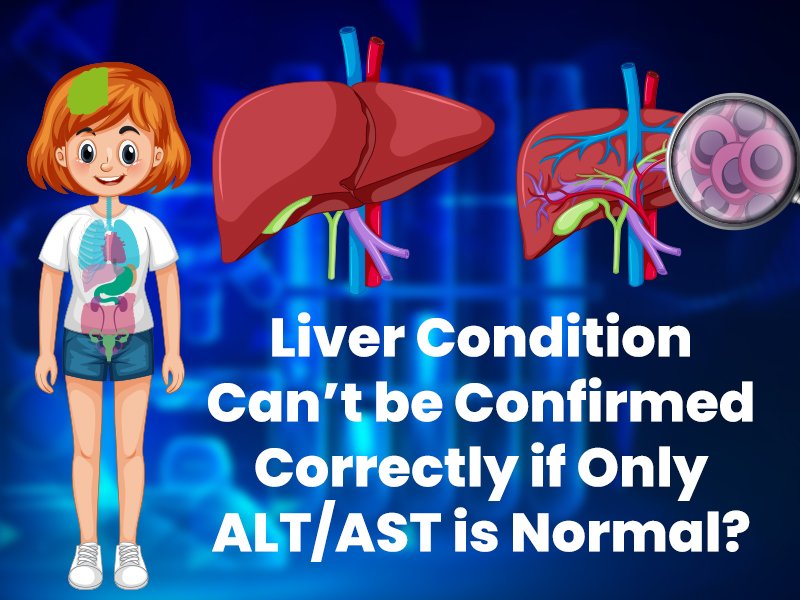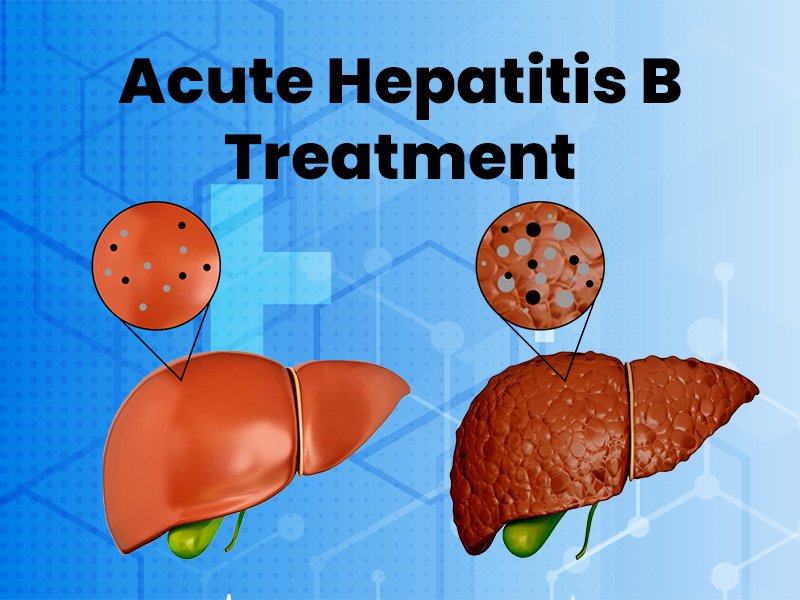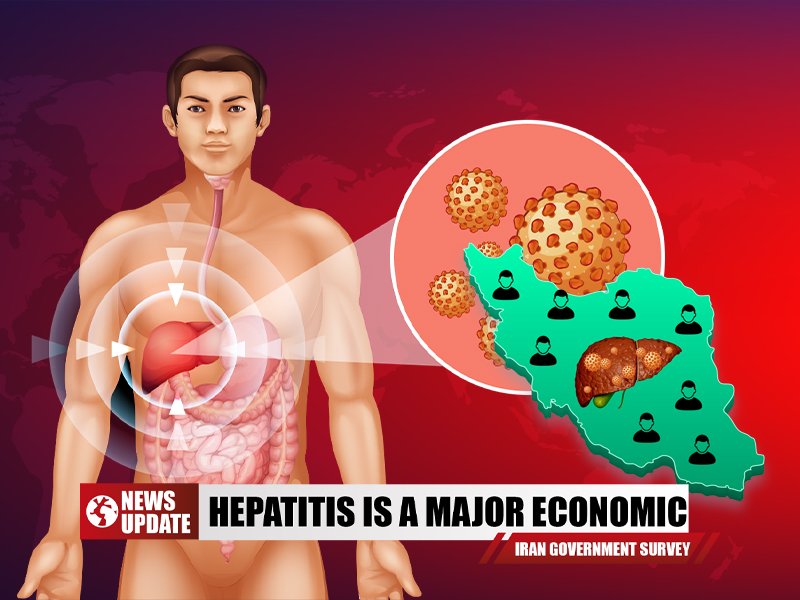In Today's Video, we will explore an important topic for those concerned about kidney health. Proteinuria and the Vitamins that can help manage it. Today, we will discuss three essential vitamins, Vitamin D, E and Vitamin B9(Folate. That have been shown to help reduce proteinuria and make kidney healthy. Stay with us, do not go anywhere, as we dive into how these Vitamins Work, their benefits, and how you can incorporate them into your diet to support your kidney health. The Symptoms of Protein in Urine.
Kidney Damage Symptoms
Be sure to watch until the end for some vital tips and information let’s get start! Proteinuria, the presence of excess protein in the urine, is a significant indicator of kidney damage. However, the kidney damage progresses several symptoms may become evident. One of the most noticeable symptoms of proteinuria is Dark, Frothy or Bubbly Urine. This occurs because the excess protein in the urine creates bubbles when the urine is excreted.
Vitamin D
Vitamin D is a vital nutrient that plays a crucial role in maintaining kidney health, especially for individuals suffering from proteinuria. On of the primary benefits of Vitamin D is its ability to reduce inflammation in the kidneys inflammation in the kidneys can cause the tiny filtering units, known as glomeruli, leading to the leakage of proteins into the urine. Vitamin D also balanced blood pressure in the kidneys. Moreover, Vitamin D helps balance blood pressure within the kidneys.
When Kidney Tissues are Damaged
When kidney tissues are damaged, the kidneys may increase blood flow to compensate for the loss of function. Vitamin D lowers the secretion of hormone and enzymes, proteinuria the risk of kidney damage. Another crucial role of Vitamin D is in the production of antioxidants.
Antioxidants are substances that protect your cells from the damaging effects of free radicals, which are harmful byproducts formed during normal metabolic process. It is essential to ensure adequate intake of Vitamin D, especially for those with kidney damage. Taking too much vitamin D can cause problems like constipation, nausea and, kidney stones and may kidney damage also have seen.
When kidneys fail, their ability to activate vitamin D is lost. Without the activated vitamin D to control calcium and phosphorus levels in the blood, healthy kidneys are rich with vitamin D receptors and play a major role in turning vitamin D into its active form. For adult 1,000 to 2,000 IU per day of vitamin D from a supplement is generally safe. For infants is 400–600 IU/day, and for children and adolescents 600–1000 IU/day is good enough for taking Vitamin D supplement.
Vitamin D available in Sunshine, Oily fish, Salmon, Mackerel, Sardines, Egg yolks, Red meat, Liver, Breakfast cereals, Butter.
Vitamin E
vitamin E may play a role in preventing proteinuria and ameliorating kidney damage. Improved kidney function. Vitamin E normalize renal hemodynamic abnormalities and improve renal function and reducing the risks of developing nephropathy. As per NIH, patients with diabetic nephropathy taking 1200 IU of vitamin E/day. Vitamin E intake through normal diet or supplementation at a low level has certain benefits for patients with CKD. Vitamin E are evidenced by its increased antioxidant status lower the proteinuria in the kidneys. Vitamin E seemed to have a prophylactic effect resulting in improved locomotor outcomes, accelerated bladder recovery measured in urinary retention time, and reduced hyperreflexia. Vitamin E increase the risk of bleeding, if you are taking blood thinners, like warfarin, aspirin, or clopidogrel. Rich source of Vitamin E foods are such as Pumpkin, Peanuts, Almonds, Sunflower, Soyabean oil, Spinach, Avocados.
Vitamin B9(Folic Acid)
Folic Acid lowers homocysteine levels in people are suffering from chronic kidney diseases. Vitamin B9 helps the body make protein, which is then used to make cells; also helps make red blood cells. Folic acid is one of the pharmacological therapies used for lowering proteinuria for chronic kidney disease patients. It has a major role in DNA synthesis and erythropoiesis maintenance. A decrease in DNA synthesis can cause the manifestation of macrocytic anaemia which is found in kidney patients.
It is helps to lower creatinine levels in the kidney. That is why it is one of the essential vitamins for people with chronic kidney diseases. chronic kidney disease has higher cardiovascular risk and linked to high homocysteine levels. Folic acid supplementation can reduce homocysteine levels, which would reduce cardiovascular diseases. Vitamin B9 available in rich and wide variety of foods such as Legumes, Eggs, Citrus fruits, Beets, Brussels sprouts, Broccoli, Nuts and seeds, Beef Liver, Papaya, Banana, Avocado.

















